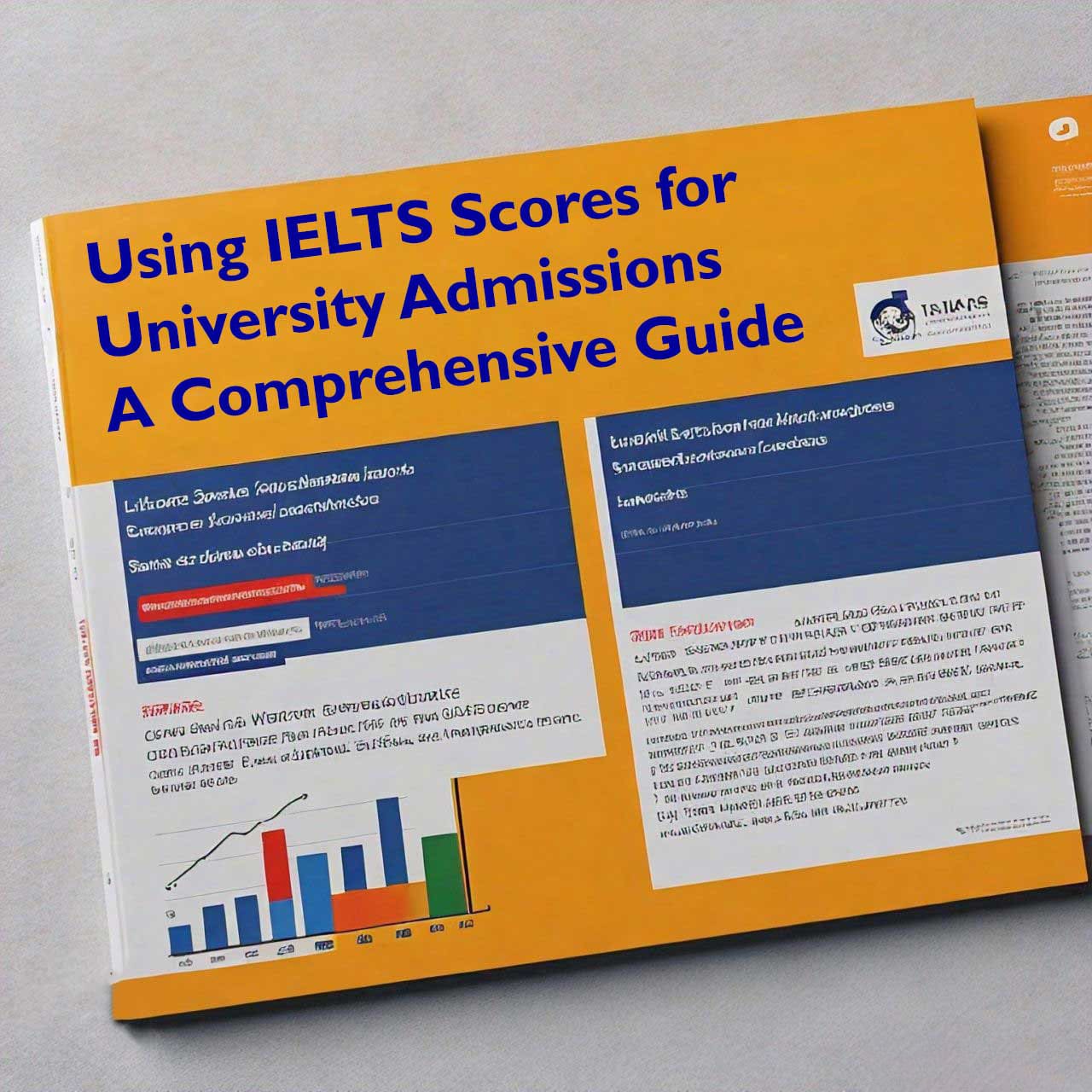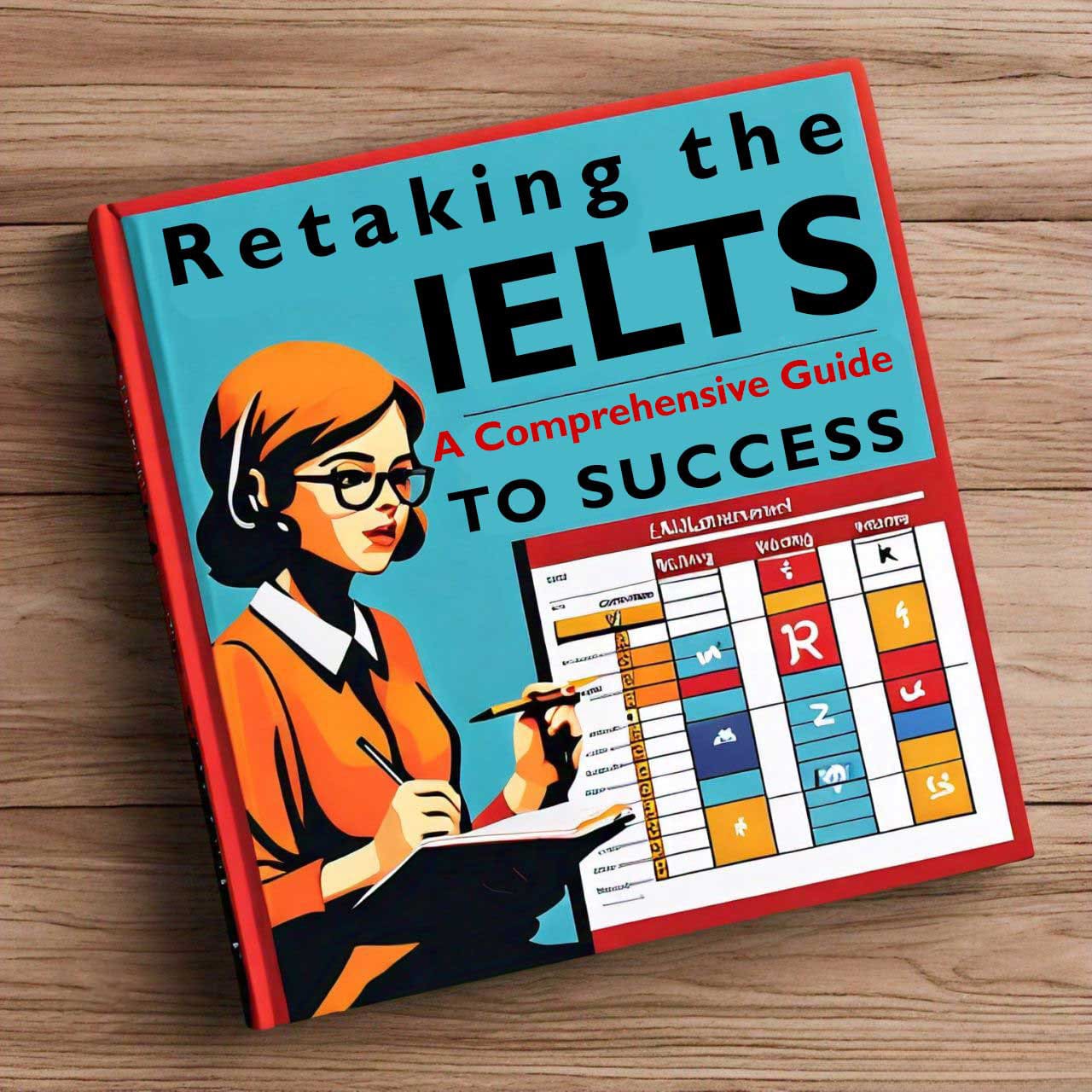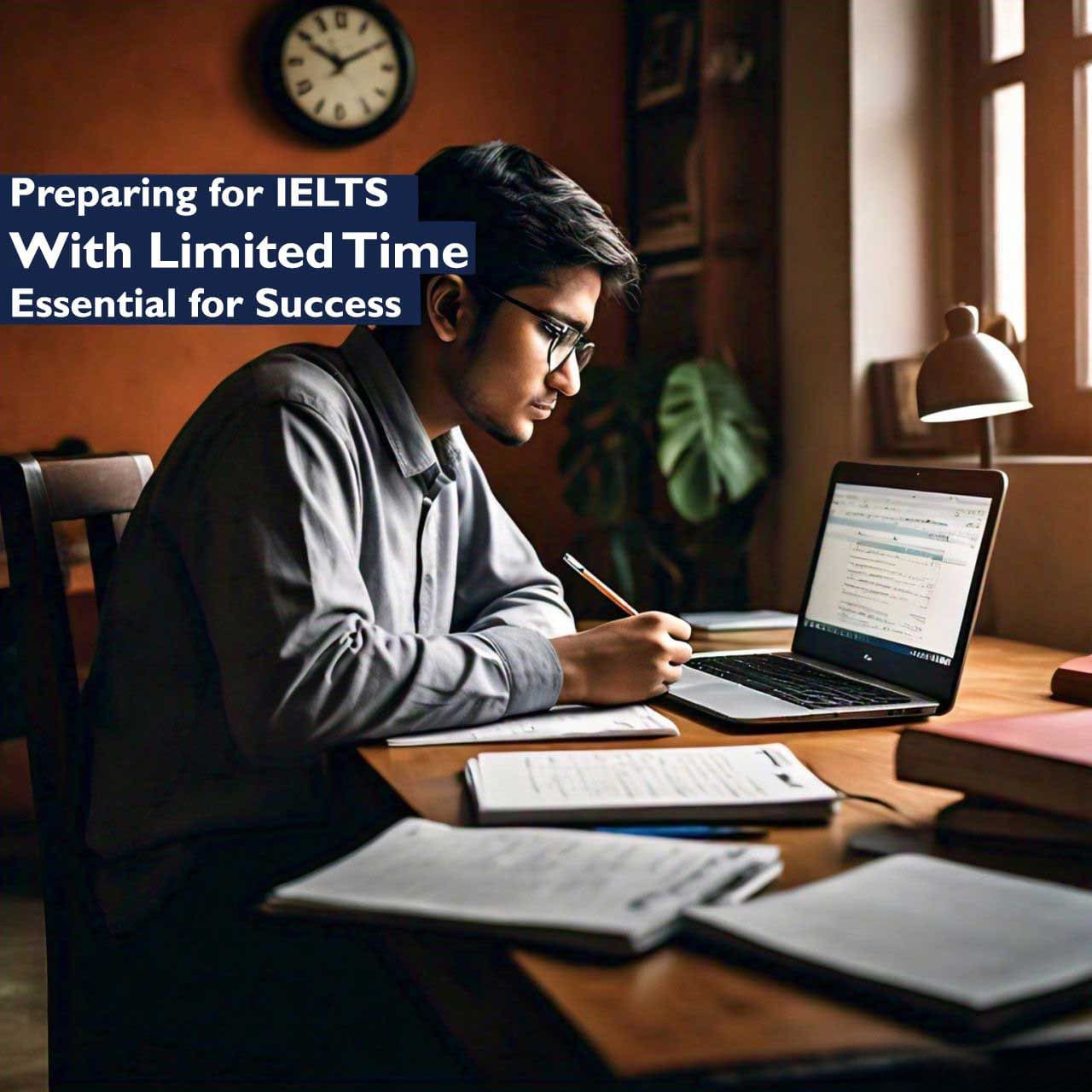The International English Language Testing System (IELTS) is one of the most widely recognized and respected English language proficiency tests globally. For non-native English speakers, IELTS scores often play a crucial role in university admissions, especially in English-speaking countries. Whether you’re planning to study in the UK, USA, Canada, Australia, or other destinations, understanding how to use your IELTS scores effectively can enhance your chances of getting admitted to your desired university. This blog post will guide you through everything you need to know about leveraging your IELTS scores for university admission.
Table of Contents
What is IELTS?
IELTS is an internationally recognized test that assesses English language proficiency across four key skills: Listening, Reading, Writing, and Speaking. The test is designed to evaluate your ability to use English in an academic setting, making it a vital component of the application process for many universities around the world.
Types of IELTS Tests
1. IELTS Academic: This version is for those applying to study at undergraduate or postgraduate levels, or for professional registration in an English-speaking environment.
2. IELTS General Training: This version is for those migrating to English-speaking countries for work experience, training programs, or secondary education.
For university admissions, the IELTS Academic test is the one you need.
Understanding IELTS Scores
The IELTS test is scored on a scale from 1 to 9, with each skill (Listening, Reading, Writing, and Speaking) receiving a separate score. These are then averaged to give an overall band score. Each university and program may have its own specific IELTS score requirements.
IELTS Band Scores Explained
– Band 9: Expert User
– Band 8: Very Good User
– Band 7: Good User
– Band 6: Competent User
– Band 5: Modest User
– Band 4: Limited User
– Band 3: Extremely Limited User
– Band 2: Intermittent User
– Band 1: Non-User
– Band 0: Did not attempt the test
For university admission, most institutions require an overall band score between 6.0 and 7.5, with minimum scores in each skill.
How to Use Your IELTS Scores for University Admission
1. Research University Requirements
Each university and program may have different IELTS score requirements. Start by researching the specific requirements for the universities and programs you’re interested in. This information is usually available on the university’s admissions page under English language requirements.
Example:
– The University of Toronto might require a minimum overall score of 6.5, with no band less than 6.0 for undergraduate programs.
– The London School of Economics might require a minimum score of 7.0 overall, with at least 7.0 in Reading and Writing for graduate programs.
2. Prepare for the IELTS Test
Achieving the required IELTS score involves thorough preparation. Consider the following steps:
– Understand the Test Format: Familiarize yourself with the types of questions and format of each section.
– Take Practice Tests: Use official IELTS practice materials to simulate the test environment.
– Enroll in Preparation Courses: Consider taking IELTS preparation courses to improve your skills in each area.
– Improve Your English Skills: Focus on improving your overall English proficiency through reading, writing, listening, and speaking practices.
3. Take the IELTS Test
Book your IELTS test in advance, ensuring it’s well before your application deadlines. Choose a test date that allows ample time for preparation and, if necessary, retaking the test.
Note: The IELTS test is available in multiple formats, including paper-based, computer-delivered, and IELTS for UK Visas and Immigration (UKVI).
4. Submit Your Scores to Universities
Once you receive your IELTS scores, you can submit them directly to the universities as part of your application. Most universities accept electronic scores sent by the test center. Be sure to send your scores well before the application deadline.
Example:
– Some universities may require you to upload a copy of your Test Report Form (TRF) to their online application system.
– Others may request that scores be sent directly from the IELTS test center.
5. Use Your Scores Strategically
If you have multiple IELTS test scores, use the highest overall score or the score that best meets the specific requirements of your chosen university. Some universities accept the best scores from each section across multiple test attempts (superscoring), but this varies by institution.
6. Consider Conditional Admission
If your IELTS score is slightly below the required threshold, some universities offer conditional admission. This means you might be accepted on the condition that you improve your English skills before starting the program. This often involves enrolling in an English language course at the university.
Example:
– The University of Queensland might offer conditional admission requiring you to complete an intensive English language program before starting your academic courses.
Tips for Maximizing Your IELTS Scores
1. Focus on Your Weak Areas
Identify which sections of the IELTS test you find most challenging and concentrate your preparation efforts there. Use practice tests to pinpoint weaknesses and tailor your study plan accordingly.
2. Practice Time Management
The IELTS test is time-limited, so practice managing your time effectively for each section. Learn to pace yourself to ensure you can complete all questions within the allotted time.
3. Enhance Your Academic English
Since the IELTS Academic test is focused on academic English, immerse yourself in academic texts, journals, and lectures. This will help you become familiar with the language and style used in academic settings.
4. Seek Feedback
If possible, get feedback on your writing and speaking skills from teachers or native English speakers. Constructive criticism can help you improve and refine your abilities.
5. Stay Calm and Confident
Test anxiety can affect your performance. Practice relaxation techniques, stay positive, and maintain confidence in your preparation and skills.
Alternatives and Additional Considerations
1. Alternative English Proficiency Tests
While IELTS is widely accepted, some universities also accept other English proficiency tests such as TOEFL, PTE Academic, or Cambridge English exams. Check if your chosen universities accept these alternatives and see if they align better with your strengths.
2. Native English Speakers
If you’re a native English speaker or have completed previous education in English, you might be exempt from the IELTS requirement. However, always confirm this with the university’s admissions office.
3. Postgraduate vs. Undergraduate Requirements
Postgraduate programs often have higher IELTS score requirements than undergraduate programs due to the advanced level of study. Ensure you check the specific requirements for your level of study.
4. Country-Specific Requirements
Different countries may have specific requirements for IELTS scores, especially for visa applications. For example, the UK, Australia, and Canada have distinct visa processes that may include minimum IELTS scores.
Conclusion
IELTS scores are a crucial component of university admissions for non-native English speakers. Understanding how to effectively use your IELTS scores can significantly enhance your chances of being admitted to your desired program. By researching university requirements, preparing thoroughly, and strategically using your scores, you can navigate the admission process successfully. Remember, achieving a good IELTS score is not just about passing a test; it’s about demonstrating your readiness to succeed in an English-speaking academic environment.
For more tips on IELTS preparation and university admissions, explore our other blog posts and resources. Good luck with your IELTS journey and university applications!
If you have any questions or would like to share your IELTS experiences, feel free to leave a comment below. We’d love to hear from you!



